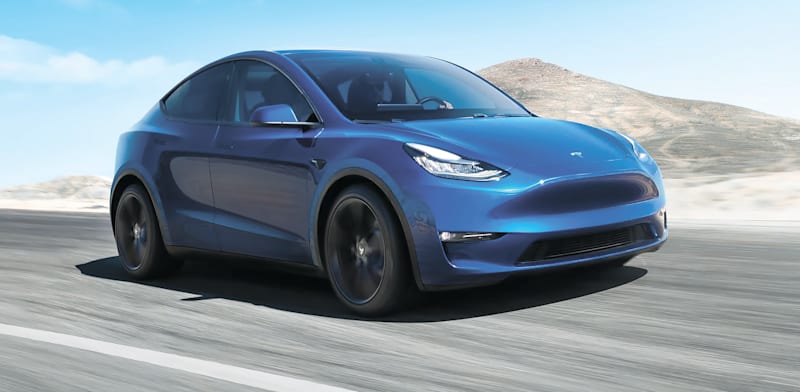Foreign tyrants are leviathans with feet of clay, and our own government should not limit our liberties in order to supposedly protect us against them. This reflection is supported by a revelation of this morning’s Financial Times: Chinese billionaire Jack Ma, founder of Alibaba and Ant, has apparently more or less fled China to avoid both Covid lockdowns and his government’s crackdown on high-tech companies (“Alibaba Founder Jack Ma Living in Tokyo After China’s Tech Crackdown,” November 29, 2022).
It is strange that after the post-WW2 scare that the Soviet model inspired, so many people now fear the economic domination of China. It is even more strange that so many now think that the US government should strive to imitate the economic policies of these failed regimes. At least, the fear of Japanese competition in the 1980s involved a country with some economic freedom. People fear that somehow trade between Americans (or others in the West) and people living under the Chinese totalitarian regime could harm the former.
The current situation in both Russia, the remnant of the USSR, and in China illustrates how fragile are authoritarian states. The poor Russians are dominated by a dictator who have pushed them into an unwinnable war and made them international pariahs. The poor Chinese are living under the domination of a totalitarian government whose inherent desire to control “its” population has led to public-health lockdowns that threaten the economy, adding to the woes of government control of high-tech companies and the fragility of the real estate and financial sectors. (On the recent demonstrations in China, see Lingling Wei, “Chinese Protests Put Xi Jinping in a Bind,” November 28, 2022.)
If we exclude possible wars, there is only one reason why residents of a free, or more or less free, country should feel economically threatened by a foreign authoritarian state. It is that the subjects of the latter will have limited opportunities to trade, both among themselves and internationally, and will thus be poorer. And it is more beneficial to have trading partners, either as suppliers or customers, who are richer than poorer.
Incidentally, it is somewhat misleading to describe China as “the world’s second-largest” economy, as the Wall Street Journal and many others do. This is true only as far as total GDP is concerned because there are so many individuals living in China. But each of them has a relatively low productivity, so that GDP per capita or standard of living is low. On the basis of GDP per capita in purchasing power parity (IMF data), China comes at the 90th rank of 220 countries, between Belarus and Thailand.
It is true that leviathans like the Russian, Chinese, or North Korean states finance themselves out of the total production of all their subjects. Especially with nuclear weapons, they represent a security risk for other individuals in the world; I think that they would even be dangerously to an anarchic society if such a society ever exists. But trying to become like “them” in order to protect us against them provides only an illusion of security.
Protectionism is one big step in this fool’s errand, at least when an actual war is not raging. Interestingly, Peter Navarro, the former “economic” advisor of Donald Trump and protectionist tenor, defended anti-protectionist arguments before he became a politician. He even criticized the national-security excuse for protectionism. In his book The Policy Game: How Special Interests and Ideologues Are Stealing America (John Wiley & Sons, 1984), he wrote:
It is highly possible that our defense capability might actually be enhanced—not damaged—by import competition. Without the umbrella of protectionism, our defense-related industries would be forced to operate at lowest cost, engage in more research and development, aggressively innovate to stay one step ahead of the competition, and modernize their plants at a faster pace. Thus, while import competition might shrink these industries, they would be leaner, tougher, more efficient, and more modern and in all likelihood outperform a bigger and inefficient (protected) version of those same industries.
















